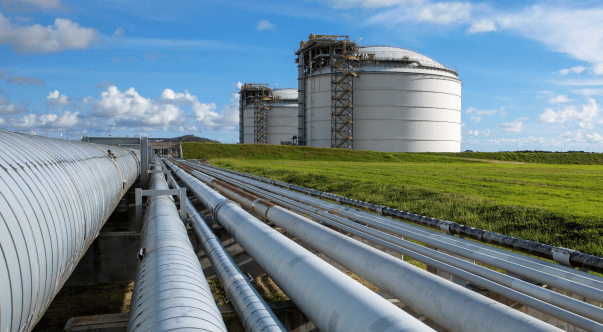Mexico‘s Energy Secretariat (Sener) indicated that it granted two permits to import petroleum products during the first half of 2022.
In addition, also with the purpose of ensuring the supply of strategic resources, the Undersecretary of Hydrocarbons, through the General Directorate of Petroleum Products of the Sener, granted a petroleum products export permit.
In these cases, these were companies that proved they had the technical capacity to participate in the energy sector.
At the same time, the General Directorate of Natural Gas and Petrochemicals of Sener authorized two natural gas export permits, one for liquefied natural gas and the other for LP gas.
Likewise, Sener authorized two LP gas import permits, five for heptane and nine for hexane.
In turn, on January 24, 2022, the Sener published the «Notice extending the validity of the emergency guideline for the welfare of the consumer of liquefied petroleum gas», the purpose of which was to extend for six months the validity (until June 29, 2022) of the emergency regulation for the fixing of maximum prices for the final consumer of LP gas.
Oil imports
According to Sener, the savings in spending was equivalent to 897 pesos per household as of the first four months of 2022, in order to contain the general level of inflation and inflation in the energy sector.
Likewise, Sener informed that it reviewed the natural gas storage and transportation projects to be incorporated in the publication of the Second Review of the Five-Year Plan for the Expansion of the Integrated National Natural Gas Transportation and Storage System 2020-2024 and proposed the incorporation of the projects «Leona Vicario»; «León Guzmán Interconnection»; «Dulces Nombres»; «Chinameca Compression Station Project»; «El Encino Interconnection»; «Reynosa Bypass»; «José María Pino Suárez Arch»; «Jáltipan-Salina Cruz Gas Pipeline (Transisthmian Pipeline)»; «Prosperidad Gas Pipeline»; and «Extension to the Southeast (Marine Pipeline)».
During the first half of 2022 , Sener published weekly statistics for the eight regions of the country (North, Northeast, Northwest, Central, West, Gulf, South and Southeast) on production variables, imports, inventories and demand for the following fuels: gasoline, diesel, gasoline and fuel oil, as well as the demand for inventories in land and maritime terminals and inventories in refineries in compliance with the Public Policy of Minimum Storage of Petroleum Products.
![]()

